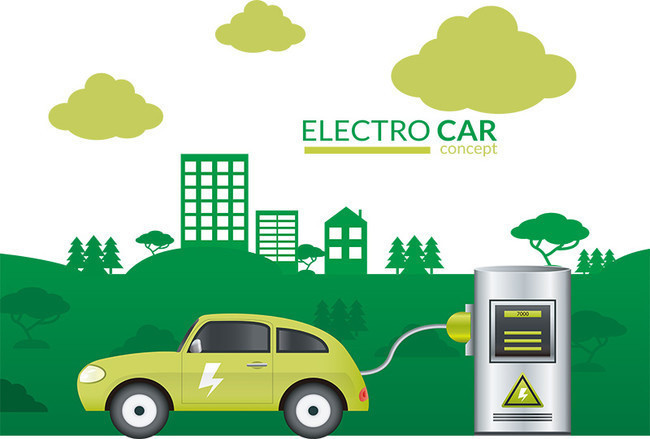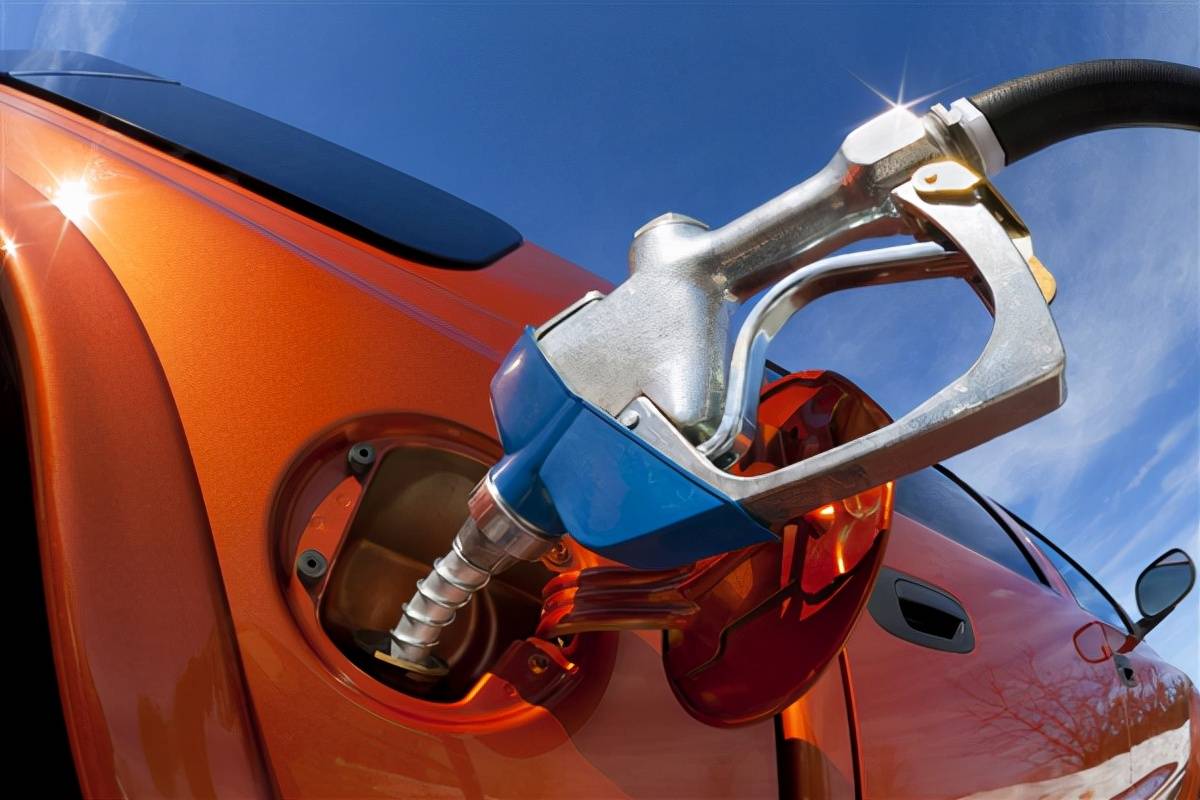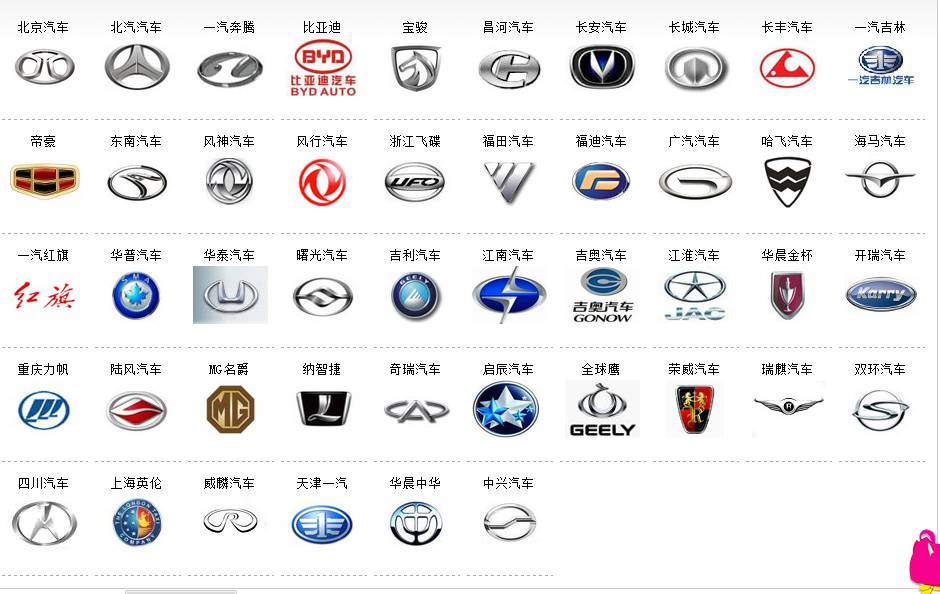EU bans fuel cars in 2035, bill with twists and turns, may benefit Chinese car companies
The EU announced a ban on fuel cars in 2035, the bill a twist, or good for Chinese car companies

The world's first car fitted with an internal combustion engine, Mercedes-Benz No. 1
In 1886 the world's first car equipped with internal combustion engine Mercedes-Benz 1 was born in Germany, after 149 years in 2035 the EU market will no longer sell internal combustion engine cars, now the EU has sounded the death knell for fuel cars.
In mid-February, after several rounds of debate and despite opposition from Europe's largest group of conservative lawmakers, the European Parliament finally approved the bill to stop selling new fuel cars in Europe by 2035 with 340 votes in favor, 279 against and 21 abstentions; the upcoming European Ministerial Conference will formally turn the European ban on flaming into a binding law. The upcoming European Ministerial Conference will officially turn the European ban on combustion into a binding legal text.
This also means that the sale of all new gasoline and diesel-driven cars, light commercial vehicles, hybrids, and plug-in hybrids will be banned within the EU by 2035. Zhang Xiang, an automotive analyst and visiting professor at the Yellow River Institute of Science and Technology, told Shell Finance that the EU's ban on fuel cars is related to carbon emissions from the general direction, and there is a relevant time node for achieving carbon neutrality, and the target of the time node can be completed only after the ban on fuel cars.

The ban on combustion twists and turns, there are still difficult patterns behind
The no-fuel bill was first formally introduced in July 2021. At that time, the EU announced the "Fit For 55" climate package, which states that emissions from cars and trucks will be reduced by 55% and 50% respectively by 2030 compared to 2021, achieving "zero carbon transport" and meeting the EU's targets of The EU's goals of reducing carbon emissions by 55% by 2030 compared to 1990 and achieving climate neutrality by 2050 were met. At that time, the European Commission proposed legislation and the first draft of the relevant draft has been formed, after which the European Parliament needs to vote on it.
In early June last year, the European Parliament voted to adopt the European Commission's previous "legislative proposal" to ban the sale of fuel cars in the EU by 2035; in the same month, the EU 27 environment ministers reached a consensus on a fuel car ban plan, agreeing to ban the sale of fuel cars in the EU by 2035.
After the voting result, VW, Mercedes-Benz, Volvo, Ford and other automakers publicly expressed their support for the EU's decision to ban fuel car sales from 2035; automotive industry analyst Tian Yongqiu believes that the automakers' stance also represents their determination to transform electrification in order to cope with the increasingly fierce competition. However, there are also opposing views. Germany openly opposed the ban at that time, Italy, Portugal and other countries have called for a five-year delay in the implementation of the plan, and industry groups such as the European Automobile Manufacturers Association and the European Federation of Automotive Suppliers are also opposed to the ban because they are worried that the charging facilities are not perfect and the jobs of suppliers will be drastically reduced by the ban on the sale of fuel cars, etc. Even if the bill is formally passed, there are still Opponents.

The difficulties behind the opposing viewpoint reflect the existence of a ban on fuel vehicles. Data from the European Automobile Industry Association shows that about 12% of new cars sold across the EU are now purely electric, and emissions from the automotive sector currently account for about 15% of all CO2 emissions in the EU, while total transport accounts for about 25% of all CO2 emissions.
Zhang Xiang said, "To achieve the goal of banning the sale of fuel cars involves car companies need to accelerate the transition to new energy vehicles, in this process car companies need to invest a lot of money in research and development, increased costs will lead to reduced profits; transformation means the need for new factories or renovation of production lines, the relevant technical staff may need to be re-trained, and the traditional internal combustion engine engineers may face unemployment. At the same time, the industry chain also needs to change."
Zhang Xiaorong, president of Deep Technology Research Institute, told Shell Finance that the construction of charging supporting infrastructure in the EU is seriously lagging behind, and the distribution of charging facilities institutions in each country is uneven, while the European power grid will face a huge test with the growth of trams. The president of the European Automobile Manufacturers Association thinks that the construction of electric vehicle charging facilities in the EU is too slow, and the full electric transition, the EU needs 14,000 new charging piles every week, while only 2,000 charging piles are installed every week at this stage.
There is still room behind the bill, or favorable to Chinese car companies
The bill mentions that by 2025 the European Commission will propose an assessment and reporting methodology around the CO2 emissions of new cars and vans throughout their life cycle, based on which legislative proposals will be made as appropriate; thereafter the EU will publish reports every two years on an ongoing basis to assess the EU's progress towards zero-emission road traffic.
In addition, by December 2026 the European Commission will monitor the gap between emission limits and actual fuel and energy consumption data to give the methodology for adjusting manufacturer-specific carbon emissions and propose appropriate follow-up measures. Not only that, but manufacturers with small production runs (1,000 to 10,000 new vehicles or 1,000 to 22,000 new vans) in a natural year will be given an additional year to meet the new emission rules.
Zhang Xiang believes that these rules reflect that the EU is not completely confident in the full electric transition. The Italian Minister of Transport directly said that the EU's rapid transition to electric vehicles is a "suicide" act and a "gift" to the Chinese auto industry.

In fact, the industry generally believes that the EU ban on the sale of fuel cars is beneficial to Chinese car companies. In addition, it is worth mentioning that Europe is the preferred place for Chinese car companies to export new energy models. The CCA data shows that China's new energy vehicle exports to Europe will grow significantly in 2021-2022, and the share of new energy vehicles exported to Europe will reach 49% of China's total new energy vehicle exports in 2022, exceeding 300,000 units.
In addition, the development of Europe's local new energy vehicles can not be separated from China's new energy supply chain. Cui Dongshu, secretary-general of the National Passenger Vehicle Market Information Association, said that China's auto industry chain is relatively strong, with sufficient supply and relatively abundant inventory. 6 Chinese companies account for the top 10 list of global power battery installations in 2022, with Ningde Time topping the list; at present, Ningde Time, Guoxuan Hi-Tech, Fu Energy Technology and Honeycomb Energy are also accelerating their layout in the European market.
Cui Dongshu predicted that with the passage of the EU's bill to ban the sale of fuel cars in 2035, it will be more favorable to domestic independent brands. In the next five years, China's new energy vehicle market and the global new energy vehicle market will definitely form a strong and continuous growth trend.
Chinese companies can participate in international exhibitions related to new energy vehicles and learn about the recent trends in the industry, click on the links for details of international exhibitions!

